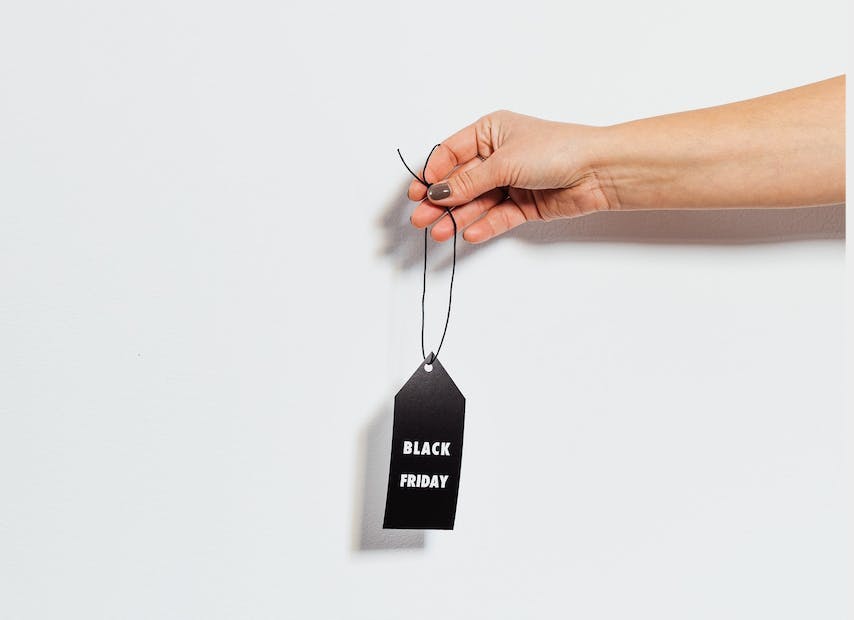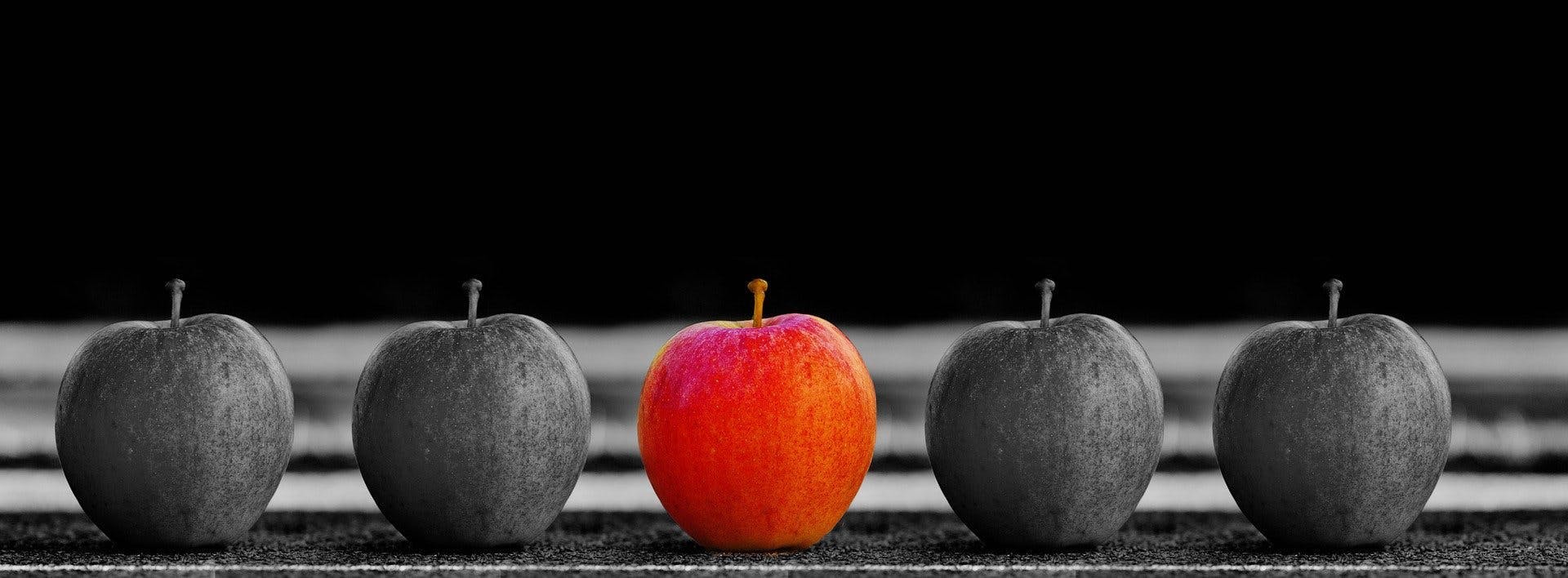Can’t Say No To Promotional Offers?
Six months into this bizarre year — and after four months of living in an actual pandemic — we are beyond the point of debating whether or not the COVID-19 crisis will change human behavior. Yes, our behaviors have changed substantially, and no, not everything is a permanent change. But experts have come to the consensus that one behavior has seen a definite change: online shopping. As per the Adobe Analytics Digital Economy Index (June 2020), US consumers spent $73.2B in online spend in June alone, up a whopping 76.2% from last year.1
As someone who has spent nearly every penny I’ve saved from transportation on online shopping, I don’t disagree with the numbers. However, as an eternal optimist, I must add in the same breath, the experience of online shopping during a pandemic has been an opportunity for the behavioral scientist in me to learn a little more about the weird attraction we have towards “discounts”. You might argue I could have learned this by reading a few papers, but where’s the practical experience in that?
Sale! Sale! Sale!
Let’s start our journey into the world of discounts with the very anti-climactic story of JC Penney. For the longest time, JC Penney, a famous American retailer, gave out discounts like candy.2 Of course, the retailer used the age-old trick of increasing the prices of the items and then discounting them to create a sense of a bargain. But, people loved shopping there because everything was at a ‘low price’.
All was fine, until the day Ron Johnson joined as the CEO of the company in 2012. He decided the company must be fair and honest. He introduced the no-coupons, no-discounting “fair and square” pricing, removing all the lovely discount tags, instead opting to show the actual price of the product. That’s where the anti-climax happens. Instead of being grateful that a retailer was being honest with them, customers hated it. What’s the fun in shopping if you can’t hunt for a bargain? With a dramatic fall in sales, all the company could do to save itself was fire Ron Johnson and bring back the discounts. That’s right — they increased their prices and put them on discount again, and customers flocked back.
So, what subjective gain do people get from a discount that they don’t get from a low price? Turns out, it’s all in our brains!
References
- Adobe Analytics, Adobe Digital Economy Index June 2020. Retrieved from https://www.adobe.com/content/dam/www/us/en/experience-cloud/digital-insights/pdfs/adobe_analytics-digital-economy-index-2020.pdf
- https://business.time.com/2013/05/02/jc-penney-reintroduces-fake-prices-and-lots-of-coupons-too-of-course/
- Kahneman, Daniel, & Tversky, Amos. (1984). Choices, values and frames. American Psychologist, 39, 341-350.
- Meyer, J. P. (1980). Causal attribution for success and failure: A multivariate investigation of dimensionality, formation, and consequences. Journal of Personality and Social Psychology, 38(5), 704.
- Schindler, R. M. (1998). Consequences of perceiving oneself as responsible for obtaining a discount: Evidence for smart‐shopper feelings. Journal of consumer psychology, 7(4), 371-392.
- Darke, P. R., & Dahl, D. W. (2003). Fairness and discounts: The subjective value of a bargain. Journal of Consumer psychology, 13(3), 328-338.
- Image source for Happy Hour: https://pixabay.com/photos/neon-neon-font-advertisement-170182/
About the Author
Preeti Kotamarthi
Preeti Kotamarthi has built and led Behavioral Science teams at two of the largest tech companies in Southeast Asia and India. She established the Behavioral Science practice at Grab, helping product and design teams understand customer behavior to create better user experiences. Currently, she heads Behavioral Science and User Research at Swiggy, where she continues to blend data, design, and human insights—drawing inspiration from spending a lot of time with Indian consumers. With a Masters in Behavioral Science from the London School of Economics and an MBA in Marketing from FMS Delhi, Preeti brings over 12 years of experience in consumer products, from co-founding a rural startup in India to shaping behavioral design in tech. Her passion lies in making behavioral science a core part of the product development process. When she’s not uncovering human insights at work, she’s likely busy applying behavioral lessons on her two-year-old.
About us
We are the leading applied research & innovation consultancy
Our insights are leveraged by the most ambitious organizations
“
I was blown away with their application and translation of behavioral science into practice. They took a very complex ecosystem and created a series of interventions using an innovative mix of the latest research and creative client co-creation. I was so impressed at the final product they created, which was hugely comprehensive despite the large scope of the client being of the world's most far-reaching and best known consumer brands. I'm excited to see what we can create together in the future.
Heather McKee
BEHAVIORAL SCIENTIST
GLOBAL COFFEEHOUSE CHAIN PROJECT
OUR CLIENT SUCCESS
$0M
Annual Revenue Increase
By launching a behavioral science practice at the core of the organization, we helped one of the largest insurers in North America realize $30M increase in annual revenue.
0%
Increase in Monthly Users
By redesigning North America's first national digital platform for mental health, we achieved a 52% lift in monthly users and an 83% improvement on clinical assessment.
0%
Reduction In Design Time
By designing a new process and getting buy-in from the C-Suite team, we helped one of the largest smartphone manufacturers in the world reduce software design time by 75%.
0%
Reduction in Client Drop-Off
By implementing targeted nudges based on proactive interventions, we reduced drop-off rates for 450,000 clients belonging to USA's oldest debt consolidation organizations by 46%




















